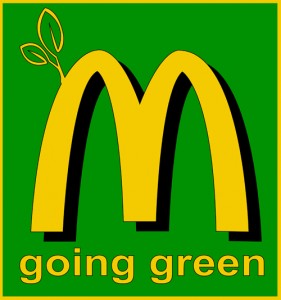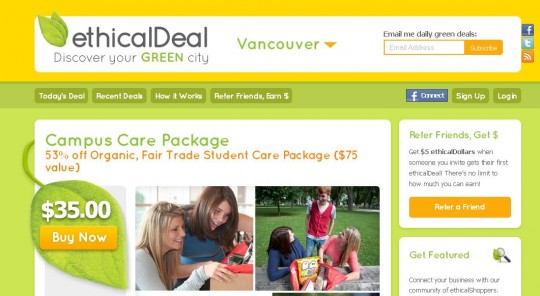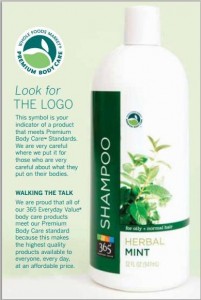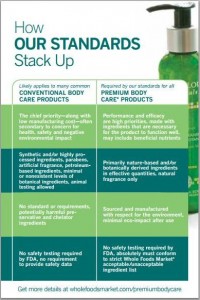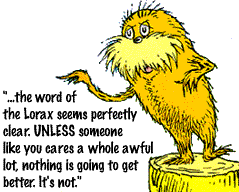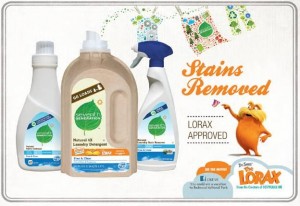Turning Over A New Leaf
Mar 29th, 2012 by raissac
I chose “Turning Over A New Leaf” as both my blog and blog post title simply because after taking this course, I expect to be able to have at least changed a part of me. And to be honest, it did. I have always been on the “green” side of things, but I think this course has further developed my knowledge on sustainability and how it can be integrated into marketing. In all honesty, I think marketing is one of the key things businesses should work on because it’s the best way for them to connect with their customers and spread their “sustainable message.”
Sustainable Marketing has helped me discover a number of different green ideas that are arising in the business world already. I didn’t know that many entrepreneurs have developed all these ingenious ideas already that could contribute to reducing corporations’ overall carbon footprint. I am also thankful that this course has deepened my knowledge on sustainability more and how it can be seen and applied everyday, even in the simplest of things. I am more conscious of my behaviour, especially when I consume water, food, energy, and anything of the sort. Simple things like walking instead of driving or turning off the lights when they’re not needed help.
I know that it’s still a long way to go and I may not have created a huge positive change in the environment (like other environmentalists), but I know that initiating a change within you can slowly affect your surroundings and hopefully, even other people’s behaviour. In the near future, I hope that I will be able to work for a company that heavily values corporate social responsibility in their business operations or better yet, be a part of innovative entrepreneurs who can develop the next most sustainable product or service that would benefit everyone.
As for businesses, I applaud many companies that are working towards being as green as they can and as mentioned, heavily emphasizing on corporate social responsibility. It was through this course that I was able to discover a number of different sustainable companies and other big companies who have changed many of their ways to ride on the green wagon (i.e. Nike, Walmart, etc.). I am truly impressed with the many initiatives they have started and the vision and goals they have placed for their company in order to follow the triple bottom line. This is why I would love to work for companies like these, who stick to their vision of being green, and being as transparent and genuine as they can. In short, they are not doing this just to show off or commit any form of greenwashing, but it’s because they truly care. This may seem impossible at times or it may be hard to tell, but the fact that these companies are investing so much money to change up their operations says something.
Hopefully, sustainability will continue to grow in the future and evolve into something more permanent than just a “trend.”
